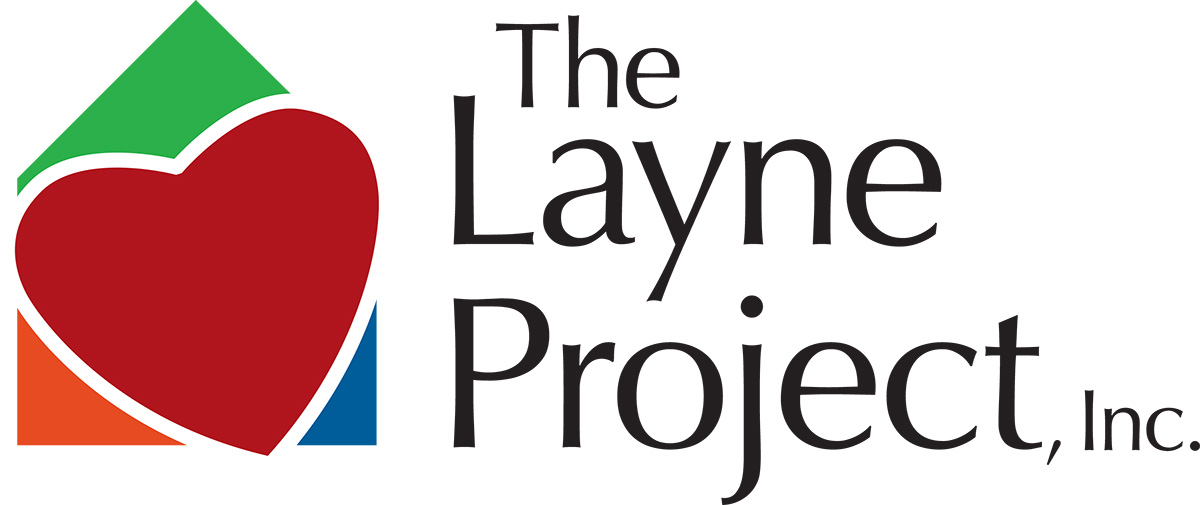Week 9: How Leaders Can Inspire Accountability
Co-Parenting Starts With You
In entrepreneurship, leadership isn’t about titles—it’s about ownership.
In co-parenting, it’s the same.
Michael Timms makes this clear in his book How Leaders Can Inspire Accountability: you cannot lead others well until you are willing to lead yourself first.
That single mindset shift can transform everything about how co-parents relate to each other—and how they show up for their children.
But here’s the hard part: accountability isn’t comfortable. It asks you to look in the mirror instead of out the window. To take action without needing an apology first. To lead, even when no one else is.
The Trap of Blame
When co-parenting conflict flares up, the instinct to blame is almost automatic.
They’re being difficult.
They changed the plan.
They won’t respond.
And maybe all of that is true.
But the question Timms challenges us to ask is this:
What’s mine to own here?
Accountability doesn’t mean you’re responsible for everything. It means you’re responsible for your part—and committed to improving it, regardless of what the other person chooses to do.
That’s where real leadership begins.
What Self-Accountability Actually Looks Like
This doesn’t mean being passive, staying quiet, or tolerating bad behavior. It means becoming an active agent in how the system evolves.
In BeH2O™, we define self-accountability in co-parenting as:
-
Looking inward before reacting outward
-
Asking where expectations or agreements might not be clear
-
Repairing breakdowns, even if you didn’t cause them
-
Choosing consistency over retaliation
The shift sounds simple. But in practice, it’s a radical departure from what most of us have seen modeled.
A Real-World Example: The Missed Exchange
Let’s say your co-parent is late—again.
You’re frustrated. Your child is anxious. You’re tempted to snap.
The blame-based response sounds like:
“You’re always late. You never take this seriously.”
The self-accountable response sounds like:
“Exchanges have felt rushed lately. Is there a better time that would work more consistently?”
Or even:
“I realize I never confirmed today’s pickup. Let’s reset expectations moving forward.”
This doesn’t mean you’re letting go of boundaries. It means you’re stepping into clear, leadership-driven communication—which is what BeH2O™ calls for every step of the way.
Why It Matters
Because your child is watching.
They’re learning, every day, how to navigate conflict. How to manage their own mistakes. How to deal with disappointment. And how to rebuild trust after it’s been shaken.
When you lead with ownership, you’re modeling that process.
And when co-parents both do it? The growth is exponential.
But even when only one parent does it? The dynamic shifts.
It softens. It stabilizes. It becomes something the child can trust.
BeH2O™ in Action
In BeH2O™, we help parents:
-
Clarify roles and expectations before breakdowns happen
-
Take “clarity breaks” to reflect and recalibrate
-
Build feedback loops into the system so accountability is routine, not reactive
-
Focus on outcomes, not winning arguments
Because co-parenting isn’t about who’s right.
It’s about what works—and what lasts.
Takeaway
Self-accountability isn’t weakness. It’s leadership.
And leadership in co-parenting isn’t about control. It’s about alignment, clarity, and doing the next right thing—even when it’s hard.
Your child doesn’t need perfection.
They need a parent who’s willing to take the lead from within.
I highly recommend checking out Michael Timms’ TEDx Talk: How to Claim Your Leadership Power here and purchasing his book How Leaders Can Inspire Accountability here.
Coming Up Next
Next week, we explore Tribes by Seth Godin—and how the people we bring into our children’s lives shape their sense of belonging, stability, and identity. Because co-parenting isn’t just about two people. It’s about the village.
